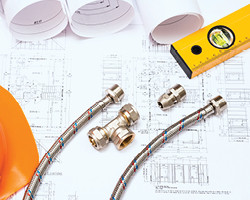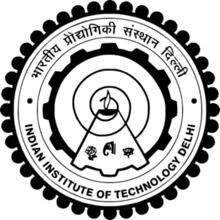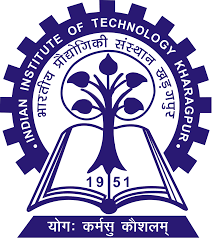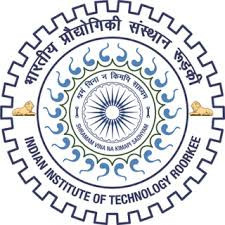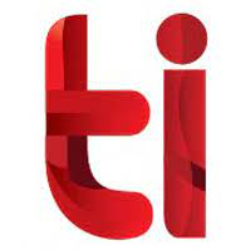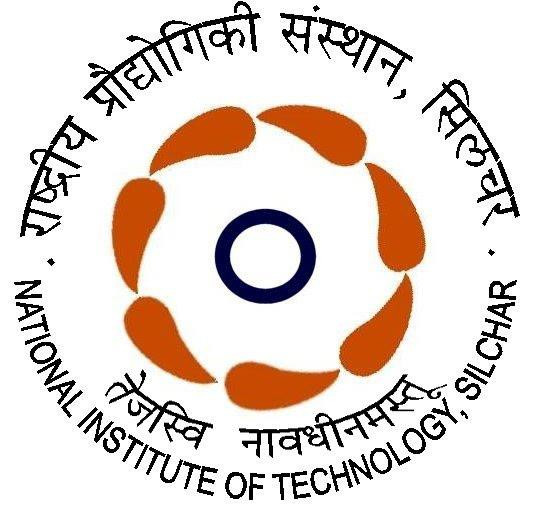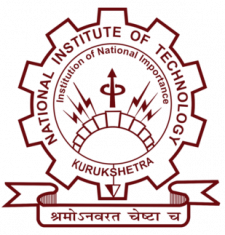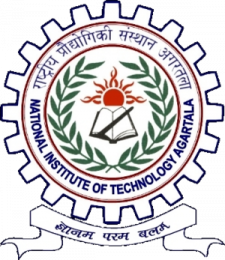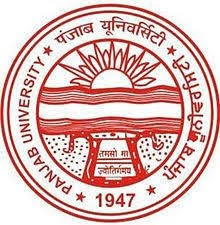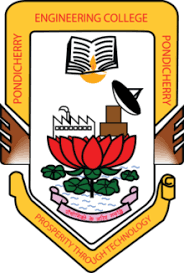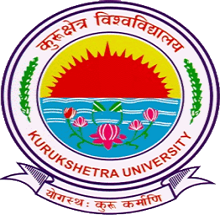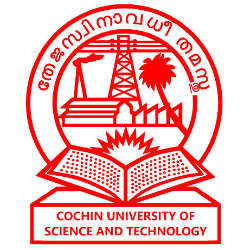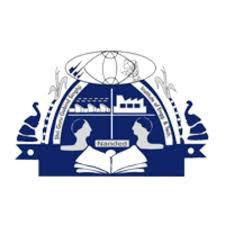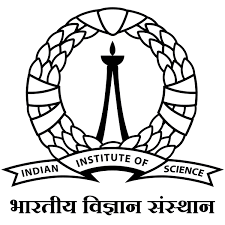Highlights: -
|
Degree Name |
Masters of Technology |
|
Level |
Postgraduate |
|
Duration of the course |
2 years |
|
Eligibility |
Passed B.Tech/B.E or Equivalent with Minimum 50% Aggregate Score |
|
Education mode |
Full-time, Distance. |
|
Admission Process |
Merit as well as Entrance Exams |
|
Entrance Exams |
GATE, JAM, PGECET, AIEEA, State CET, NIT, IPU CET, OJEE, KIITEE, MET, UKSEE, SUAT, TAN CET,etc. |
|
Fee of the course |
Rs 30,000 – Rs 9.00 Lakhs |
Eligibility Criteria: -
- Candidates must complete M.Tech in Instrumentation Engineering or equivalent from a recognised university in India.
- They need to get the minimum cut-off that has been set by the preferred college.
- Reserved category candidates will get relaxation as per government and university norms.
- Eligible candidates are required to appear for entrance examinations, such as the GATE, NIT, JAM.
Syllabus for M.Tech in Instrumentation Engineering:
The M.Tech in Instrumentation Engineering syllabus will vary from college to college, but the course aims and subjects shall remain the same; the subject distribution over the syllabus may differ, but the study matter remains consistent. Nevertheless, candidates should check the official website to know the complete syllabus. Here is a general guide to M.Tech in Instrumentation Engineering syllabus design, as commonly followed by Indian colleges:
|
Semester 1 |
Semester 2 |
|
Control System Laboratory I |
Advanced Control Theory |
|
Instrumentation Laboratory I |
Process control & Instrumentation |
|
Detection & Estimation |
Digital Control Systems |
|
Microwave circuits |
Control System Laboratory II |
|
Advanced Mathematical Techniques |
Instrumentation Laboratory II |
|
Linear Control Theory |
- |
|
Modelling & Simulation of Dynamic Systems |
- |
|
Transducer Technology |
- |
|
Elective I |
- |
|
Elective II |
- |
|
Semester 3 |
Semester 4 |
|
Reliability & Safety Engineering |
Project |
|
Artificial Engineering |
- |
|
Remote Sensing and Control |
- |
|
Robotics |
- |
Next step after M.Tech in Instrumentation Engineering: -
If a person wants to do further studies in M.Tech in Instrumentation Engineering to improve his/her knowledge and skills than he/she can go for the following courses: -
- Industrial Automation and Control Systems Certificate: Covers PLC (Programmable Logic Controller), SCADA (Supervisory Control and Data Acquisition), DCS (Distributed Control System), and other automation technologies used in industry.
- Embedded Systems Certificate: This course will teach you how to design, program, and use Embedded Systems such as Microcontrollers, Real-Time Operating Systems, and Firmware.
- Instrument Calibration and Maintenance Certificate: Offers instruction in calibration techniques for a variety of industrial instruments such as Pressure, Temperature, Flow, and Level Measurement.
- Advanced Process Control Certificate: Investigates advanced control strategies and algorithms for improving the performance and efficiency of industrial operations.
- Biomedical Instrumentation Certificate: Biomedical instrumentation includes Medical Imaging Systems, Patient Monitoring Devices, and Medical Sensors.
- Analytical Instrumentation Certificate: Concentrates on instrumentation techniques used for chemical analysis, such as Chromatography, Spectroscopy, Mass Spectrometry.
- Internet of Things (IoT) for Instrumentation Engineers Certificate: Explores IoT technology and applications important to instrumentation engineering, such as Sensor Networks, Data Gathering, and Remote Monitoring.
- Cybersecurity for Industrial Control Systems Certificate: This course teaches cybersecurity ideas and practices specifically for industrial control systems and SCADA networks.
- Virtual Instrumentation with LabVIEW Certificate: This course teaches students how to build and implement virtual instrumentation systems using the LabVIEW software.
- Robotics and Automation Certificate: Learn about robotics technology and automation systems, such as Sensors, Actuators, Control Algorithms, and Robot Programming.
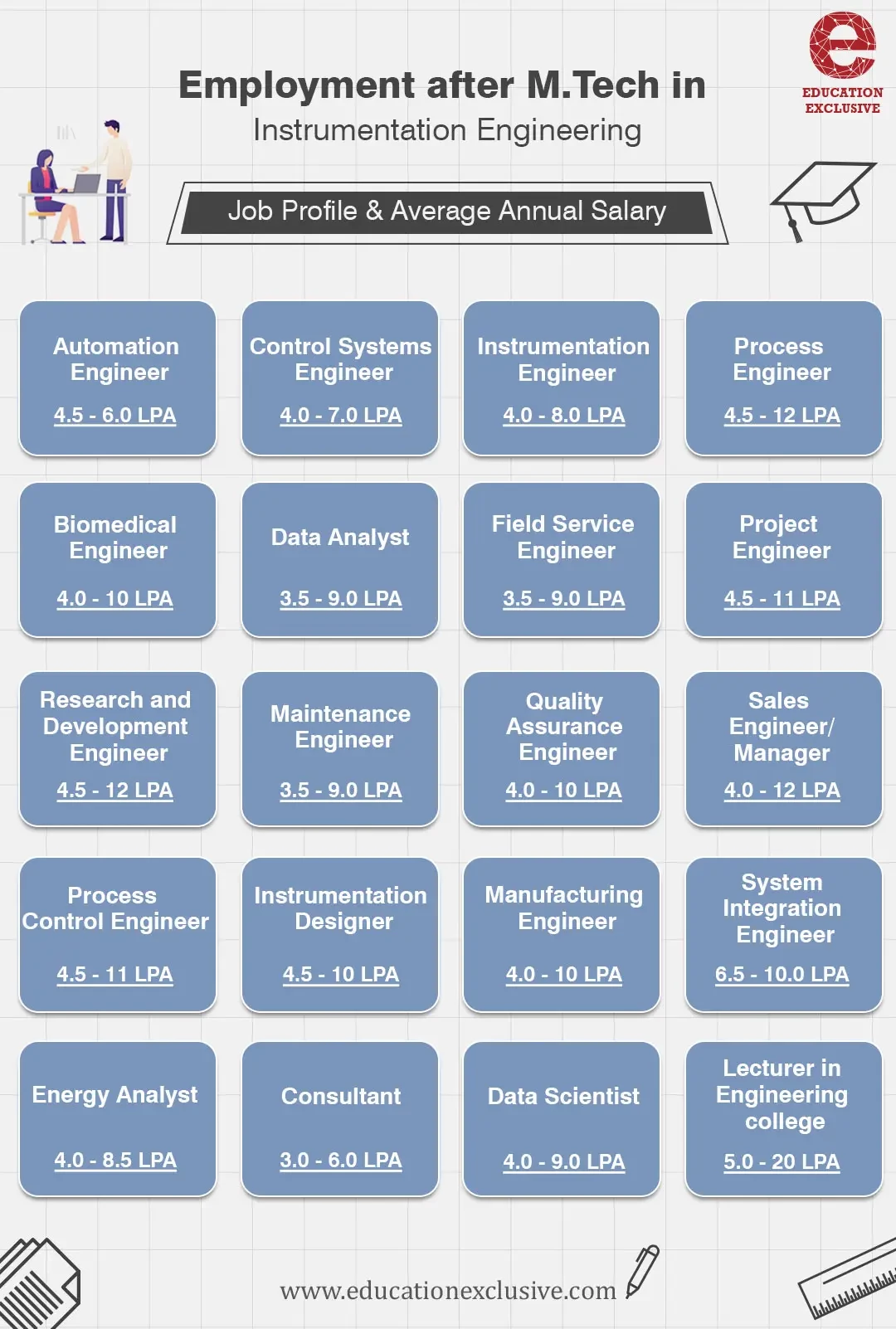
FAQs
- Are universities providing distance learning for the M.Tech Instrumentation Engineering course?
Yes, some universities are providing distance education for M.Tech in Instrumentation Engineering.
- Is Internship required in an M.Tech Instrumentation Engineering course?
No, an internship is not required to pursue the M.Tech Instrumentation and Control Engineering course. However, doing so is advantageous.
- What is Instrumentation Engineering?
Instrumentation Engineering deals with the design and development of instruments used for measurement, control, and automation in various industries such as manufacturing, healthcare, and aerospace.
- Can students take admission to the M.Tech Instrumentation and control Engineering course while pursuing final year B.Tech?
Before applying for the M.Tech program students should have a degree certificate of B.Tech.
- Is M.Tech Instrumentation Engineering easy?
M.Tech Instrumentation Engineering is not at all difficult. It basically requires hard work. If you are clear with your basic concepts then it will seem easy to you.
Other specialisations in M.Tech: -
M.Tech in Computer Science, M.Tech in Mechanical Engineering, M.Tech in Civil Engineering, M.Tech in Electrical Engineering, M.Tech in Chemical Engineering, M.Tech in Information and Technology, M.Tech in Automobile Engineering, M.Tech in Aeronautical Engineering, M.Tech in Nanotechnology Engineering, M.Tech in Petroleum Engineering.

